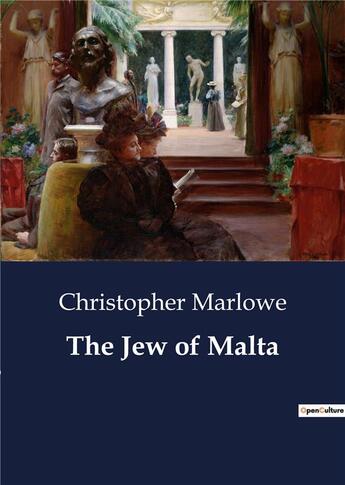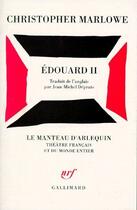-
Date de parution : 24/04/2023
-
Editeur :
Culturea
-
EAN : 9791041805419
-
Série :
(-)
-
Support :
Papier
Résumé:
Christopher Marlowe wrote The Jew of Malta at the height of his career, and it remained popular until England's theaters were closed by Parliament in 1642. Many have critiqued it for its portrayal of Elizabethan antisemitism, but others argue that Marlowe criticizes Judaism, Islam, and... Voir plus
Christopher Marlowe wrote The Jew of Malta at the height of his career, and it remained popular until England's theaters were closed by Parliament in 1642. Many have critiqued it for its portrayal of Elizabethan antisemitism, but others argue that Marlowe criticizes Judaism, Islam, and Christianity equally for their hypocrisy. This antisemitism debate continues on to Shakespeare's The Merchant of Venice, which was written about ten years later and which some consider to be directly influenced by The Jew of Malta.
The play focuses on a wealthy Jewish merchant named Barabas who lives on the island of Malta. When the island's governor strips Barabas of all his wealth in order to pay off the invading Turks, Barabas plots and schemes to get his revenge, killing all who get in his way and ultimately pitting Spanish Christians against Ottoman Muslims in an attempt to punish them all.
Scholars dispute the authorship of the play, with some suggesting that the last half was written by a different author. Though the play is known to have been performed as early as 1594, the earliest surviving print edition is from 1633, which includes a prologue and epilogue written by another playwright for a planned revival.
Donner votre avis















